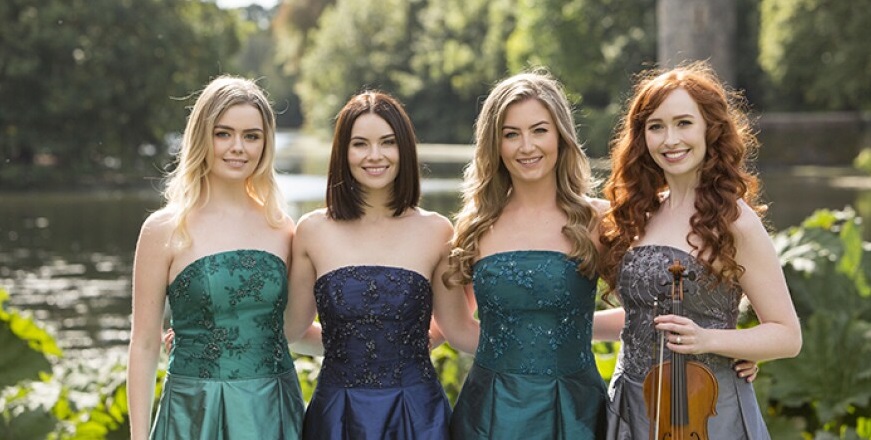This story is a tribute to Irish women past and present whose strength lies not just in legend, but in everyday resilience. From the warrior queens of Celtic myth to the modern matriarchs of homes and communities, Irish women have shaped culture, language, and history in powerful ways.
Irish Women, The Strength of the Sea
In the coastal village of Dúnmara, where the Atlantic roared like an ancient god, lived a woman named Niamh O’Sullivan. Her hair was the color of storm clouds and her eyes held the fierce blue of the sea. She came from a long line of women who had fished, farmed, healed, sung, and fought — often quietly, sometimes loudly — but always with unshakable will.
Niamh was known in the village not just for her skill with a fishing net or her peat fire bread, but for her stories. Every Friday night in the local pub, she would settle beside the fire with a pint of Guinness and begin — tales of the banshee, of Queen Medb of Connacht who led armies, and of her own grandmother, Brigid, who smuggled letters for the Irish resistance under loaves of soda bread.
Irish Women

Irish womanhood, Niamh always said, was like the sea itself — beautiful, unpredictable, deep, and capable of carving cliffs through stone over time.
The older women in the village — those who wore wool shawls and spoke Irish with ease — often smiled knowingly when Niamh spoke. They had raised children while running farms, buried husbands lost to sea or war, and held their communities together with songs, rosaries, and stubborn pride. They taught their daughters not just how to cook or stitch, but how to speak their minds — even when no one wanted to listen.
One day, a young tourist named Maeve, an Irish-American tracing her roots, came to Dúnmara. She had lost her grandmother recently and carried her photo — a woman with silver curls and a spark in her eye. Niamh welcomed her in, as all Irish women do, with tea, warmth, and a story.
Maeve listened to tales of hunger and rebellion, of ceilí dances under moonlight, and of the women who kept the language alive when the schools would not. She learned that Irish women were not just behind every great man — they were in front of many, beside more, and often standing alone, proud and unbowed.
On her last night, Maeve joined the village women in a sean-nós song — a haunting melody passed down from woman to woman, mother to daughter. Her voice cracked with unfamiliar words, but the women joined in, surrounding her with harmony and history.
When Maeve left, Niamh handed her a scrap of handwritten paper. It read:
We carry the fire not because we started it, but because we remember who did.
